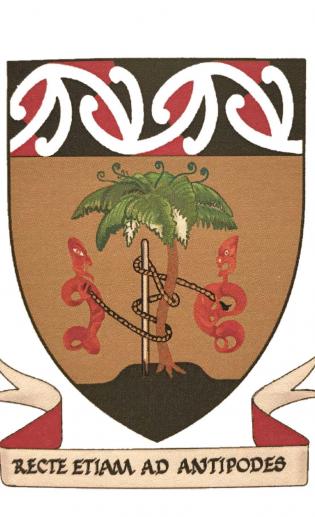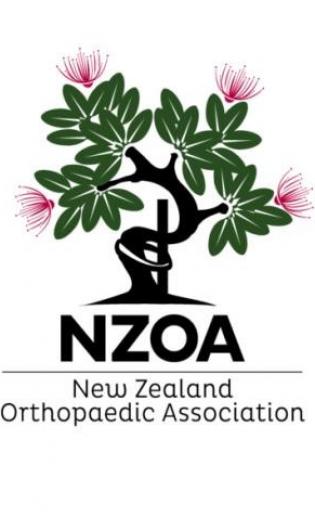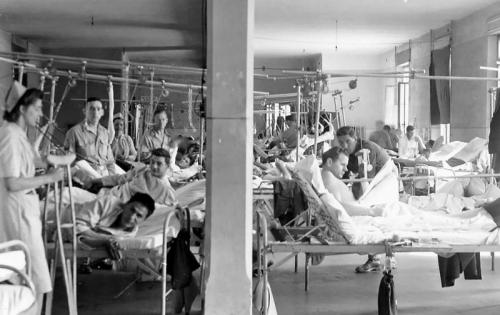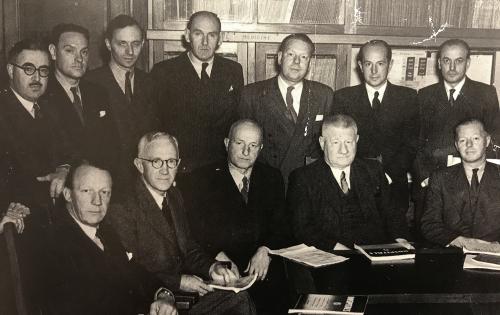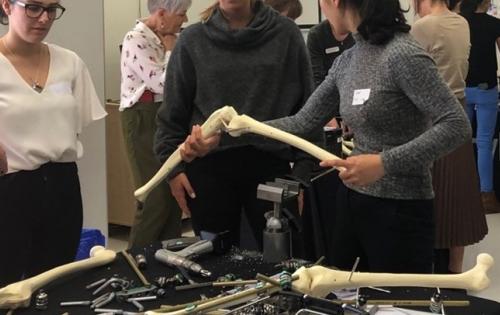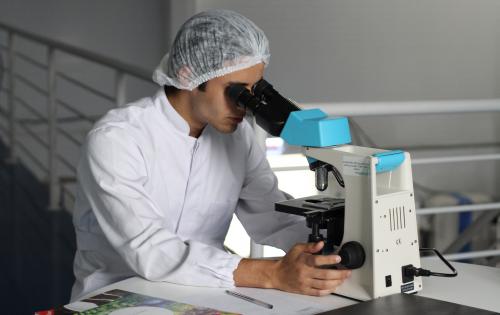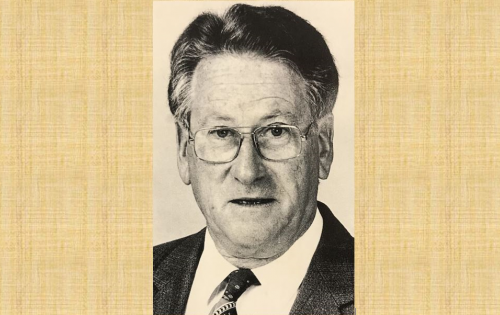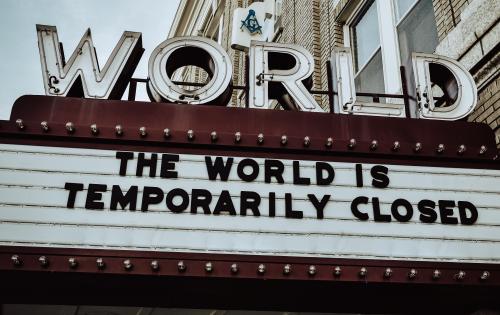War - A Catalyst For Change
Orthopaedic surgery wasn't practiced in New Zealand as a specialty until the First World War. Early in 1918 arrangements were made for Christchurch to receive the first orthopaedic casualties returning from Europe. Around the same time military hospitals were set up in Rotorua, Trentham and Auckland.
Six men Wylie, White, Mills, Ulrich, Wallis and Gower ran the orthopaedic departments of the military hospitals. In June 1919 over 4,800 service patients were being treated in military hospitals, but by 1922 the number had fallen to less than 1,000. Civilian orthopaedic surgery then developed from this initial military focus.
